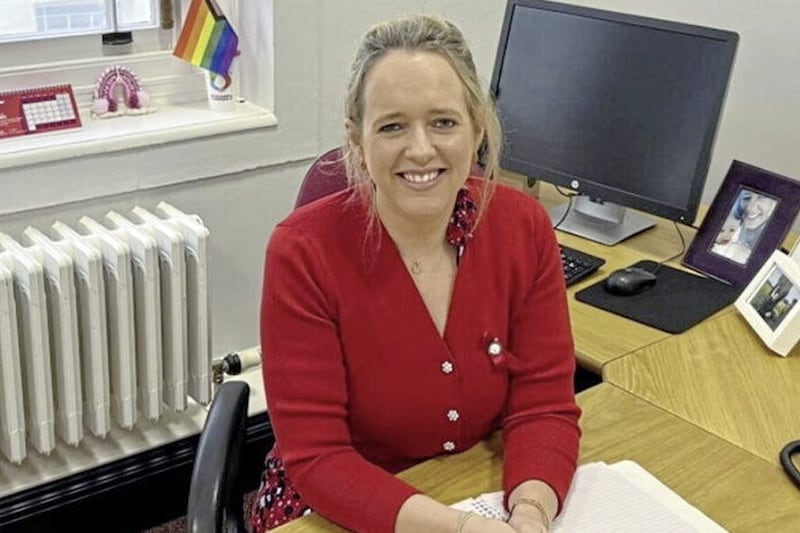CHILDCARE costs two thirds of parents more than food or heat every month, a survey has found.
The Employers For Childcare's 9th Annual Northern Ireland Childcare Cost Survey found that parents in Northern Ireland are under increasing pressure to meet the cost of childcare services.
Childcare is the highest or second highest monthly bill for a majority of parents, with the monthly cost greater than groceries, heating and transport costs.
The survey found that the average cost of a full-time childcare place in Northern Ireland is £166 per week.
Co Armagh continues to have the highest average cost of a full-time childcare place at £179 per week.
This is compared to Co Fermanagh where the same place costs £148 per week.
It was also found that Co Fermanagh has the highest proportion of parents - 83 per cent - who believe there is insufficient childcare provision in their area.
Aoife Hamilton from Employers for Childcare said more than half of parents who responded to the survey said they had had to "cut back or go without to meet their childcare costs".
She also revealed that some parents had found themselves having to "resort to borrowing, using payday loans to meet their bill".
"At the same time, many childcare providers told us they have sought not to increase their fees over the past year, in some cases absorbing increasing overheads, rather than passing them on to parents," she said.
"This situation is simply not sustainable for parents or childcare providers in the longer term".
Ms Hamilton said the survey had also revealed that despite significant progress towards gender equality "it’s still predominately mothers who report reducing their hours or leaving the workforce to raise their children.
"Mothers who are qualified for a range of professions, from quantity surveyors to nurses, have told us that they have had to reduce their hours or work opposite shifts to their partner to reduce their childcare bill," she said.
"As a society we must address this issue, we cannot be educating and training our daughters to be the best in their field whilst continuing to ignore the barrier an inability to access affordable childcare presents to a woman’s career progression in particular."
Ms Hamilton called for childcare support in the north to be brought into line with England where eligible families can receive 30 hours of free childcare for three to four-year-olds.
"Introducing policies such as the ‘30-hours free childcare’ would go a long way to alleviating some of the hardship or difficulties experienced by local working families," she said.








